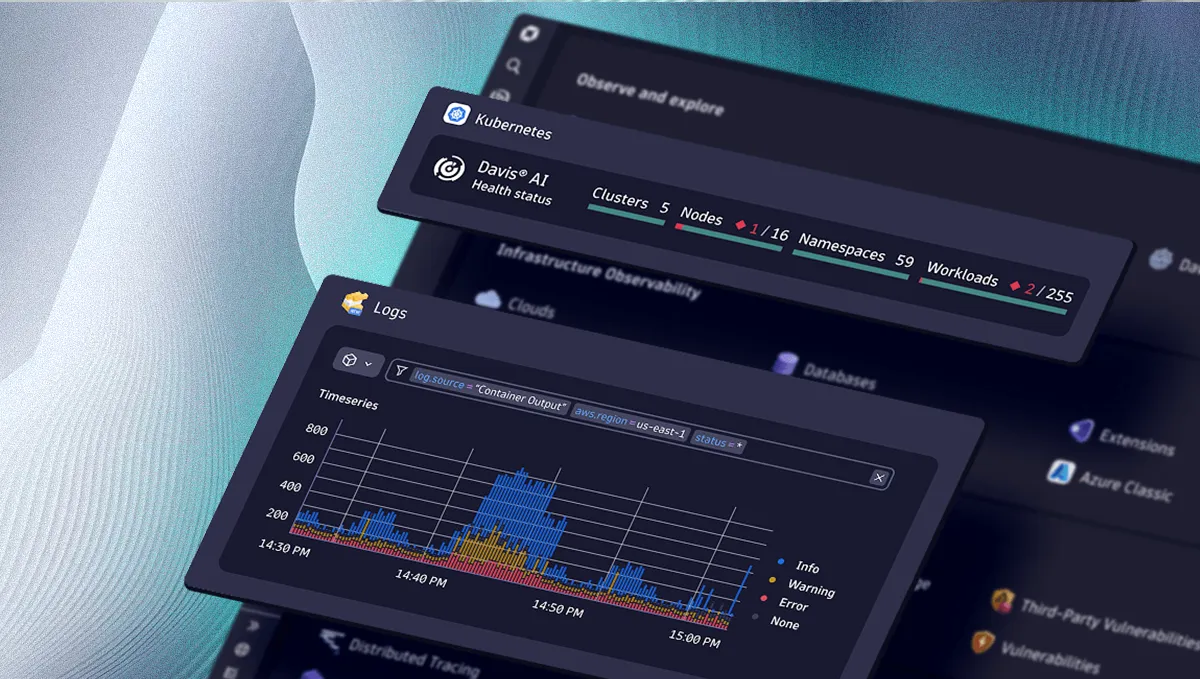
All articles
To Build Fintech for Everybody, Combine the Speed of a Startup with the Soul of a Community Bank
Amanda Estiverne-Colas, Director and Head of Payments Practice at Perficient, explains why banks, fintechs, and policymakers are coming together to tackle industry-wide challenges.

Key Points
The financial industry is shifting to a collaborative model that unites banks, fintechs, and policymakers to tackle industry-wide challenges.
Amanda Estiverne-Colas, Director and Head of Payments Practice at Perficient, explains that financial inclusion is now a core business strategy to create engaged, financially healthy consumers and market growth.
As AI transforms finance, leaders like Estiverne-Colas caution against its potential to amplify bias, emphasizing human oversight to maintain the empathy and trust that banking is built on.
My work involves crashing the party and challenging the financial services industry directly on their responsibility to the consumer. We're asking them, ‘You offer tools like Buy Now, Pay Later, which people now use for groceries. Are you also teaching them how to use these products safely and responsibly?'

A new mindset is reshaping the fintech industry. Thanks to a loosening regulatory environment, a new, collaborative “group project” model is emerging to replace the "unicorn chase" for individual success. Now that banks, fintechs, and policymakers can finally work together, most leaders are on board with a collective effort.
Two areas define the transformation unfolding across this industry today: artificial intelligence and financial literacy. While both are essential to progress, each introduces risks that require careful oversight.
For a leader's perspective, we turned to Amanda Estiverne-Colas, former Vice President at Synchrony bank, and Director and Head of Payments Practice at Perficient, a digital consultancy. Beyond the C-suite, Estiverne-Colas is a board member for The National Alliance for Financial Literacy and Inclusion and founder of her own advisory firm. In many ways, her work personifies the role of a connector.
"My work is to be a bridge. I connect the fintechs creating innovative new tools with the financial institutions that have scale and consumer trust. The goal is to get these two worlds to speak the same language and work together," Estiverne-Colas says. For her, the problem is a failure of "technology distribution," where innovation outpaces consumer education. "The traditional curriculum simply hasn't kept up with the creative tools fintechs are building," she explains.
The group project: The solution, according to Estiverne-Colas, is for executives to break down silos and co-create. For her, "inclusive product design" is the practical discipline that allows diverse teams to build products that are both profitable and equitable. "Everyone in this industry needs to learn from one another. It’s time for us to get in the same room, talk through these challenges, and commit to building our products using inclusive design as a core principle."
So, what’s driving this collaborative spirit? It's a new calculus for growth that reframes social good as a market expansion strategy, Estiverne-Colas explains. By treating inclusion as a core business principle, she recognizes that financially healthy consumers are the foundation of a healthy ecosystem.
The loyalty loop: An empowered consumer is a more engaged and active one, Estiverne-Colas says. "When we provide consumers with access to a safe financial ecosystem, they flourish, and that's good for business. A financially supported consumer is a more engaged consumer who banks more with us."
More means more: Here, she articulates the ultimate boardroom-level business case for inclusion. "Financial inclusion isn't just a social goal. It's a growth strategy. Inclusion means providing access, and access means market expansion. It's about bringing everyone into the ecosystem."
AI sits at the heart of this transformation, Estiverne-Colas continues. But as the technology advances toward "Agentic AI payments," a future where payments happen without direct human intervention, where does the human fit into this?
Trust is a must: "My fear is that if we are not careful, AI will introduce and amplify bias. It is especially dangerous in critical areas like lending, where an algorithm could unfairly deny someone a mortgage," she explains. With loosening regulations, the responsibility falls on the industry to police its own tools for fairness.
Ultimately, the human's role is to be the guardian of empathy and trust, Estiverne-Colas concludes. "We must never lose sight of the human side of banking. Technology can't replace empathy and the community mindset. The reputation of a bank has always been built on trust, the promise that it is a safe, secure place for your money. As technology transforms everything we do, our most important job is to ensure that promise remains true."





